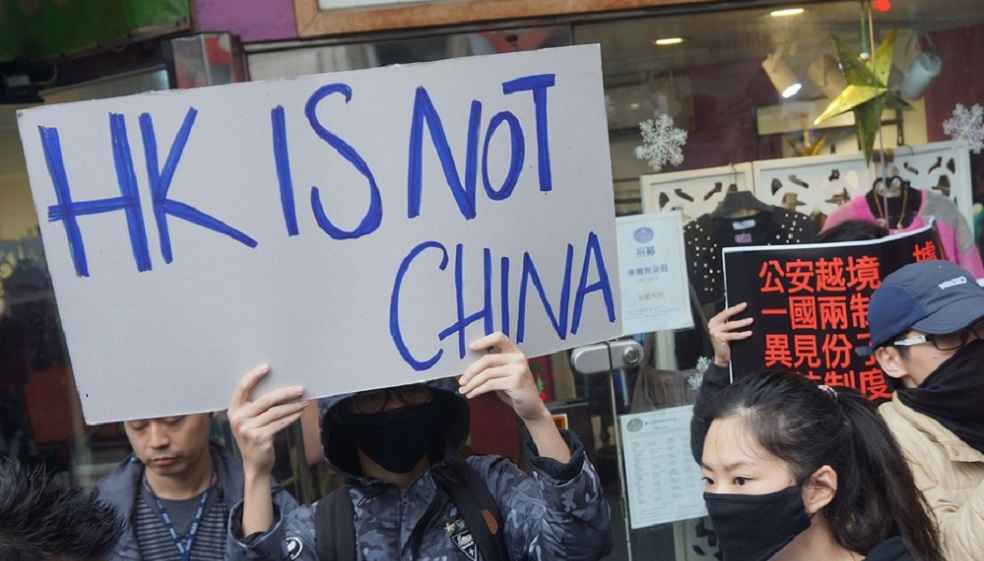The future of the World Trade Organization (WTO) appears uncertain as global dismay mounts over its incapacitated dispute settlement mechanism. The once-efficient process has been disrupted, largely due to the United States’ refusal to appoint new judges to the WTO’s final appeal court.
This paralysis was evident in a recent case concerning the ‘Made in Hong Kong’ label. The city’s Secretary for Commerce and Economic Development, Algernon Yau Ying-wah, expressed frustration at a 2020 executive order from the then US president Donald Trump, mandating Hong Kong exports be labeled as ‘Made in China.’ Though the WTO eventually ruled in favor of Hong Kong, the US appealed against the decision, exploiting the WTO’s impotent appeals process.

Hong Kong is not the sole casualty of the dispute settlement system’s dysfunction. Over the last three years, at least 15 appeals against WTO rulings have been lodged, turning the process into a legal black hole with no apparent consequences for appellants. The system’s disruption threatens the WTO’s existence and its crucial role in international trade rule-making, despite widespread recognition of the organization’s influence on global economic growth and poverty reduction.
“Trade volumes have grown 45-fold and trade value about 400-fold, to a record US$32 trillion last year,” noted Alan Wolff, former WTO deputy director general, in a policy paper. However, he poses a critical question, “Can the World Trade Organization be saved? Should it?”
Concerns over the WTO’s stunted capacity extend beyond its dispute resolution deadlock. Its attempts at liberalizing global trade have yielded minimal results. There has been a lack of progress in areas such as e-commerce and digital trade, climate change, and pandemic management. Moreover, the organization faces the challenge of declining US support, which has been pivotal in establishing and upholding the rule-based international order at its core.

Adding to the woes, the US has increasingly justified protectionist measures, such as tariffs, citing threats to national security. The US insists that national security interests are sovereign matters, not subject to review, further complicating the WTO’s rule-based system predicated on reciprocity.
Wolff proposes a potential solution involving allowing retaliation against ‘national security’ protections, thus offsetting their impact. However, this compromise would only be effective if the US agrees to restore the WTO’s dispute resolution process, which many deem vital for the organization’s survival. Unfortunately, this scenario seems unlikely in the near future.
As it stands, the WTO’s ability to facilitate fair trade is under threat, leaving nations like Hong Kong in limbo and casting a dark shadow over the organization’s future.
LOGISTICS INDUSTRY: China’s logistics industry Surge: A Robust Recovery



